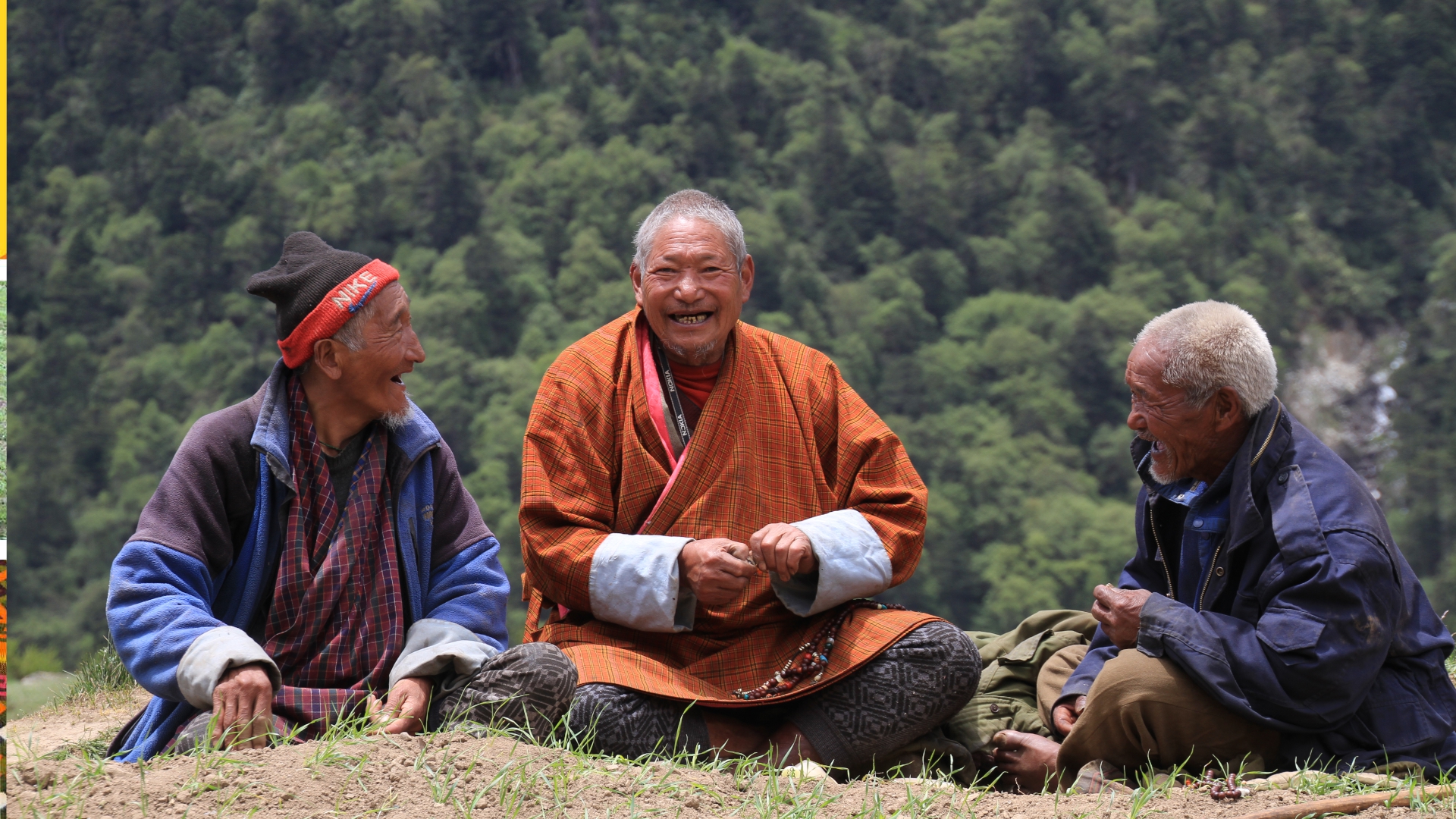Gross National Happiness
“Gross National Happiness (GNH)” was first coined by the fourth King of Bhutan, Jigme Singye Wangchuck, in the year 1972. His Majesty emphasized that progress should not only bring about material development but also social well-being and happiness. Today, GNH is the yardstick for measuring development in the country and not Gross Domestic Product. GNH as a development philosophy over the years has under gone massive alterations as researchers and scholars have worked to make it practical and measurable.
In the course of time Gross National Happiness has been defined in many ways by different scholars, however in simple terms it means sustainable development with values and has inspired a modern political happiness movement.
GNH stands on the four pillars, these are: Sustainable development, Preservation and promotion of cultural values, conservation of natural environment and establishment of good governance.
Today GNH in Bhutan is a unifying vision for Bhutan’s five-year planning and an important guidance for the economic and development plans of the country.

